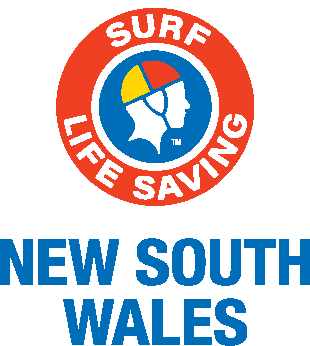With Unmanned Aerial Vehicles already proving to be a potential lifesaver on the state’s beaches the Little Ripper Group took their experience and knowledge on the road recently to showcase this exciting technology to the rangers of Far North Queensland.
Port Macquarie Lifeguard Supervisor James Turnham himself a graduate of the Westpac Little Ripper pilot training program was selected to represent the Australian Lifeguard Service and Surf Life Saving NSW on the five-day trip in July to some of the country’s most remote areas.
This major UAV training program involved specialist trainers from the Little Ripper Group who worked with the Cape York Development organisation to deliver the course to rangers from the Coen and Aurukun areas.
A key goal of the visit was to meet with the indigenous rangers, train them in the basics of UAV technology, and also highlight the opportunities that it could offer them in their line of work.
“Leading up to the trip, I was curious as to how the locals and indigenous rangers would accept the new technology of drones into their line of work on the land that they know and manage so well.
"It was a pretty special feeling when we first gave an introduction and demonstration to the indigenous rangers as their eyes lit up and they were in awe of what these drones could do,” said James Turnham.
“We quickly learnt how much they would appreciate the use of a drone to assist them in their work, especially the simple fact of having an instant aerial view of their surrounding area wherever they are.”
Because of the sheer size of the mostly untouched landscape, there are numerous ways in which UAVs could be integrated into daily life for the rangers to help them in their duties. Some of these include monitoring the nesting pattern of turtles along the coastline, checking the fences, counting wild pig numbers, quickly spotting bushfires and monitoring the quality of lagoons.
For James Turnham though the journey was a cultural experience to treasure.
“During quiet periods the local indigenous people shared some incredible stories and showed me country that barely anyone else has stepped foot on,” he said.
“They were also very interested to hear about my line of work on the beaches, and were fascinated by the amount of people that would attend the beaches each summer and by some of the statistics I shared.”
Whether it’s being involved in a search for a distressed swimmer on a Port Macquarie beach or counting wild pigs in the untamed landscape of Far North Queensland the sky is the limit for UAV technology, and Surf Life Saving is proud to be associated with this exciting and innovative industry.
Friday 25 August 2017


